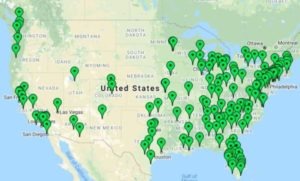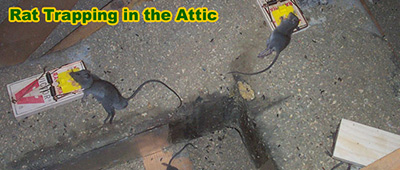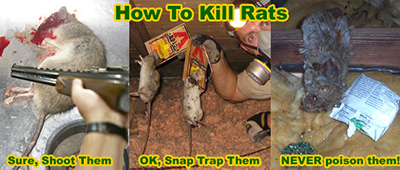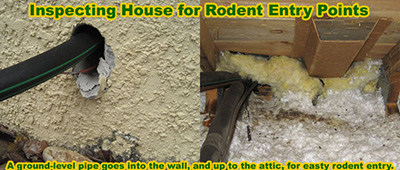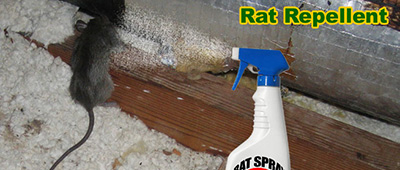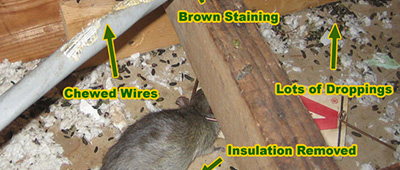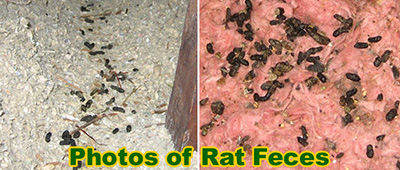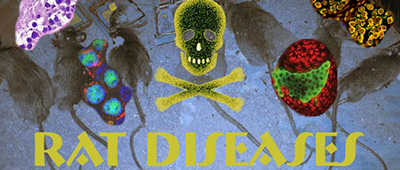It doesn't matter what you're trying to trap - whether it's mice or rats, or a much larger animal than that - without the right knowledge and tools, it'll be hard work. Scrap hard work, it'll feel almost impossible.
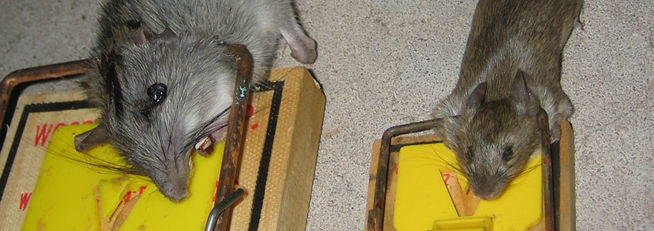
Find out how smart rats can be.
There is only really one effective way to deal with a rodent problem, and that's to use snap traps. If you use the right snap traps for your animal - rat traps for the larger rats, or mouse traps for the smaller mice - and you place them in the right positions, with the right bait, you CAN catch every mouse or rat you have in the home or commercial property. It takes a system of correct things to make it work though. If the traps are too big or too small, the animal won't go near it. If the trap is placed somewhere the animal doesn't usually frequent, there's a good chance it won't even come across it. If the traps aren't catching your rats or mice, that's the first thing I would suggest - move it to an area in which it WILL trap the critters. You may need to move them around a little bit before you find success, but taking this time to work out the right places to lay the traps will do your quest the world of good. That's the only way that you can ensure your home or property is entirely rat and mouse-free.
Go back to the Rats in the Attic home page.
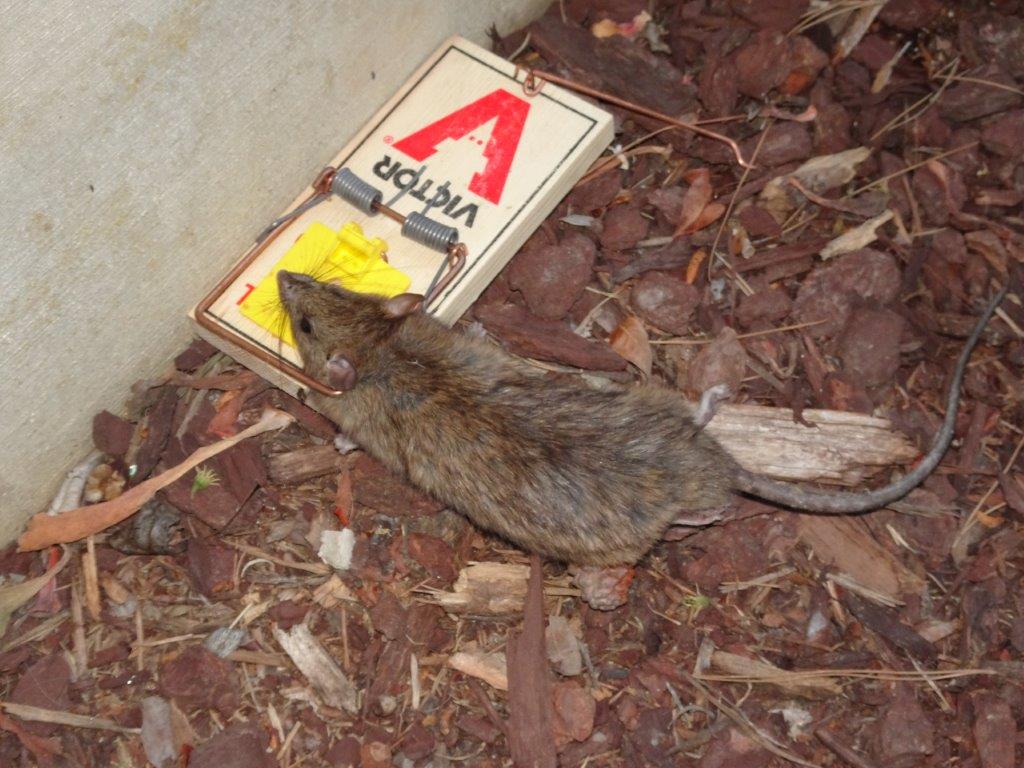
Don’t get confused. These two animals have strong similarities and are often mistaken for one another. However, they are not the same. They have distinctive differences such as one is easier to trap than the other.
To help you gain a better understanding of the differences between the two, let’s break down and discuss their qualities.
Mice
Mice are common in urban areas. They do not shy away from bustling cities and loud noises. They have no problem cohabiting with humans. They are usually found in houses and buildings with abundant food sources.
Mice are distinctively smaller than rats. They can move fast especially when trying to escape from a captor or a predator. They can easily hide by entering small openings. They can jump, climb, and swim. They are nocturnal animals which means they are active during nighttime and are asleep during the day. Being omnivores, they eat almost anything but their favorites are nuts, grains, and meat.
Mice are curious animals. They always want to know what’s waiting for them on the other side. This pushes them to be highly aggressive in terms of exploring uncharted territories especially if they know that there is an incredible amount of food source nearby. This natural sense of curiosity often gets them in trouble as they are highly vulnerable to almost all kinds of trapping methods.
Rats
Rats are generally bigger and slower to move compared to mice. They are also common in urban spaces but they like to stay in underground areas such as basements, sewers, and burrows. They are also omnivores which allows them to eat just about anything and everything.
Rats are mostly nocturnal animals but they can also be active during the day. They have longer and heavier bodies compared to mice and they are unable to jump or swim. In the face of an enemy, rats are less likely to escape if their odds are to be compared with that of a mouse.
One of the biggest distinctions between the two is the fact that rats will eat mice too.
In terms of behavior, rats tend to be more careful and cautious. They take risks but only calculated ones. They are not as spontaneous as their smaller counterparts. Rats are generally more suspicious especially if you are trying to trap them. Keep this in mind and try to be more subtle when setting traps and baits.
So which one is easier to trap?
You might have guessed it already! You’re right. It’s the rat! As mentioned earlier, rats are slower to move due to their heavier and longer body. Mice, on the other hand - due to their smaller body and ability to move much faster - can easily reach for the bait on the trap without getting captured.
If you are dealing with a rodent infestation in your property, one of the smartest ways to deal with it would be to identify whether it’s a mouse or a rat. This will allow you to determine what is the best strategy to use. The success of your rodent control effort is highly dependent on the appropriateness of the approach used. When coming up with a technique, consider crucial factors, aside from physical attributes, also think of food and habitat preferences, and behavior.

